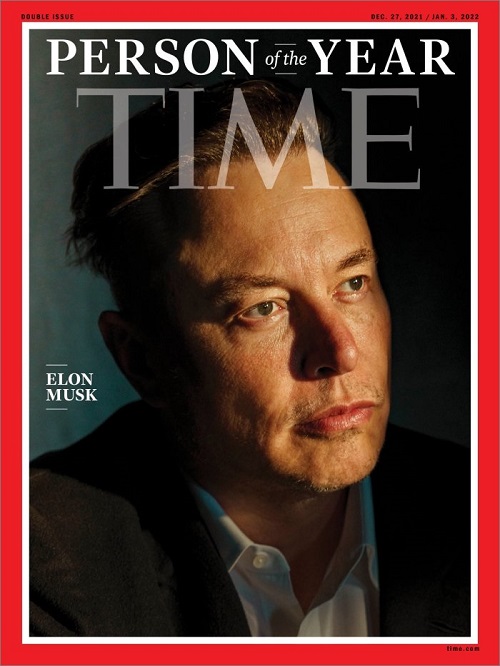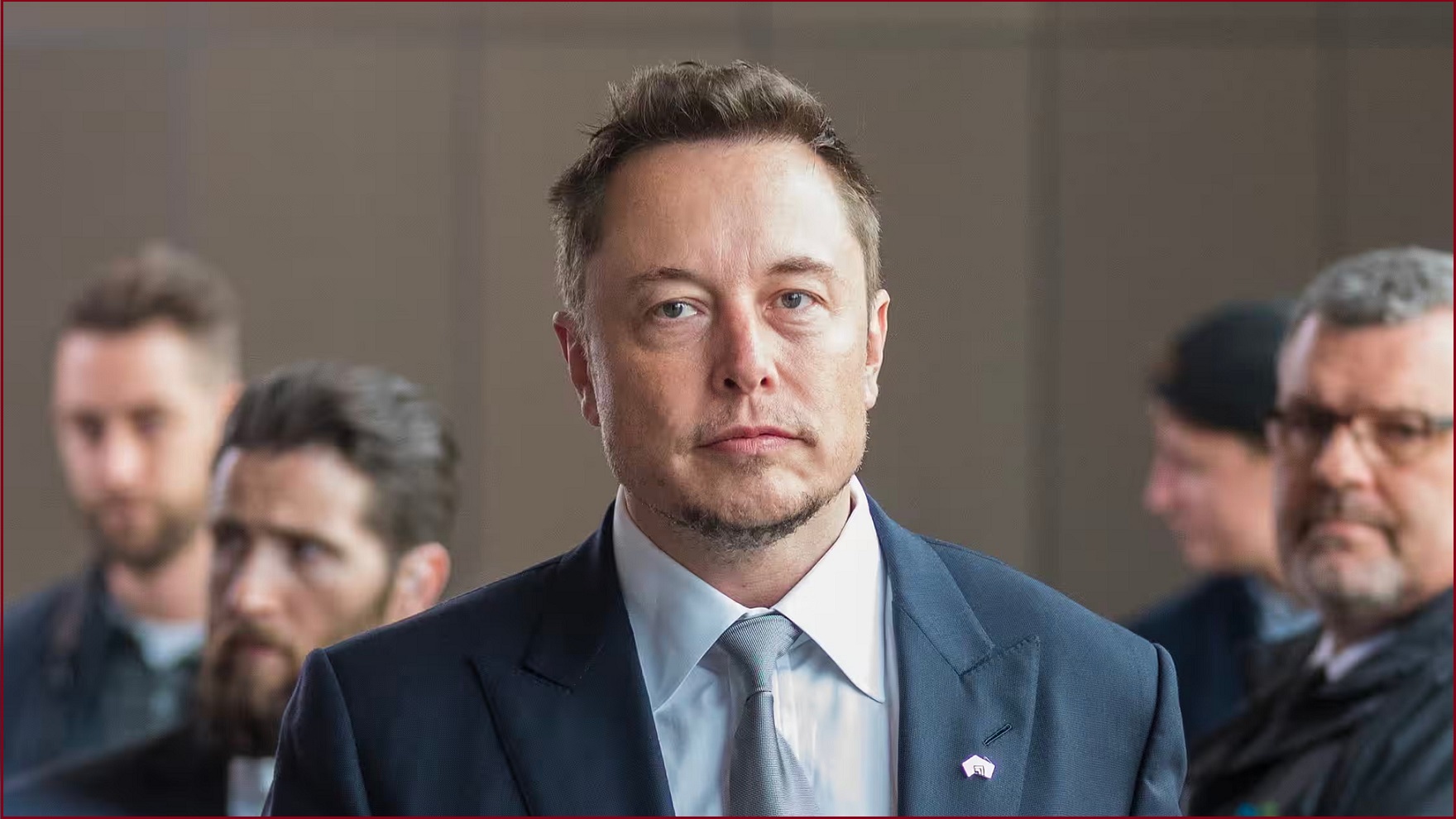Elon Musk has been named Time Magazine’s Person of the Year for 2021.
Musk is an understandably polarising figure.
On the one hand, he’s a visionary who wants to end our reliance on fossil fuels, make humanity a multi-planetary species, and create a form of computer-enabled telepathy.
But for some he’s a childish snake oil salesman who upsells big-picture ideas long before their fruition and – as Time repeatedly mentioned in its accompanying article – is not averse to tweeting fart jokes to his 66 million Twitter followers.
Time describes Musk as a “clown, genius, edgelord, visionary, industrialist, showman, cad” and says he “embodies the zeitgeist of this liminal age” in a year when “we emerged from the hundred-year plague only to find there was no normal to go back to”.
“Musk is our avatar of infinite possibility, our usher to the remade world, where shopworn practices are cast aside and the unprecedented becomes logical, where Earth and humanity can still be saved,” Time wrote.

This was the year when Musk became the world’s richest man, overtaking Amazon founder Jeff Bezos, thanks to the rising share price of his electric vehicle company Tesla which has almost singlehandedly ushered in the era of the electric car.
“Our intent with Tesla was always that we would serve as an example to the car industry and hope that they also make electric cars so we can accelerate the transition to sustainable energy,” Musk said in an interview with Time recorded at a SpaceX launch facility.
“I’m confident in the future of Tesla, that we will do well, and I hope some of these other companies do well, too.”
In mid-2019 Tesla looked to be in trouble as analysts cast doubts over the company’s abilities to actually deliver the cars it had sold to Musk’s cloying fans.
But the doubters were soon proved wrong as Tesla pulled through in 2020 turning a profit for the first time as it continued to scale up production with new factories in California and Shanghai.
Last year also saw Musk's space company SpaceX launch a crewed mission in which two NASA astronauts were chauffeured to the International Space Station.
Musk has a knack for making outrageous promises that seem directly pulled from science fiction and somehow pulling it together, even if the reality doesn’t precisely match his vision.
Regulators have been closely scrutinising Tesla’s Full Self-Driving and Autopilot features which, despite the names, still require human oversight and have recently been involved in a spate of accidents involving parked emergency vehicles.
At times Musk seems to be deliberately poking fun and seeing how far he can take claims about technology, such as when he announced the Tesla Bot that would be capable of doing all the “dangerous, repetitive, boring tasks” humans don’t want to – and he demonstrated his vision for humanoid robots with a person dressed as a robot dancing on stage.
Musk joins the ranks of fellow tech billionaires Mark Zuckerberg and Jeff Bezos who appeared as Time’s Person of the Year in 1999 and 2010 respectively.










